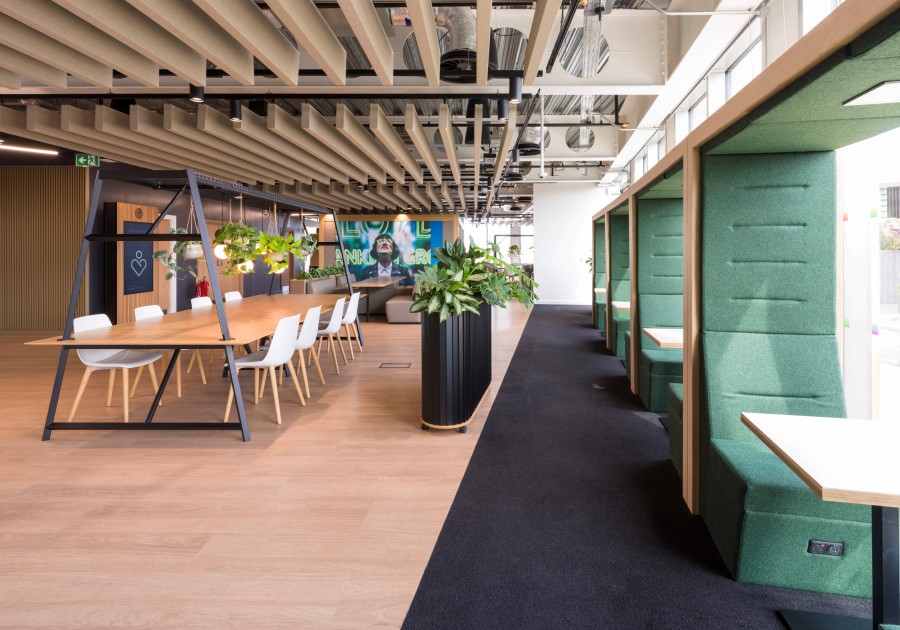The Building Engineering Services Association (BESA) has urged the UK government to follow the example of Germany, which has announced plans to spend €177.5bn on climate action, including €56bn on a huge programme of building renovations.
Germany’s Climate and Transformation Fund aims to reduce the 30% of the country’s total energy consumption that is used to generate space and water heating and is particularly focused on improving buildings in the bottom 25% of energy performance.
This also represents a dramatic shift in government priorities from supporting the construction of new homes to renovating more existing ones with one government official saying: “One euro spent on renovation is ten times more efficient than if it was spent on a new home.”

Other European countries are expected to announce similar plans with the EU intensifying the focus on retrofit in its planned revisions to the Energy Performance of Buildings Directive.
“This looks like a comprehensive plan for retrofitting buildings with both net zero and reduced energy costs for consumers in mind,” said BESA’s head of technical Graeme Fox. “We have long been calling for something similar in the UK and I would urge our officials to look at this closely.
“The built environment is responsible for more than 40% of total carbon emissions so upgrading our building stock could have a major impact on our net zero targets while improving health, well-being, and productivity at the same time by creating better indoor conditions,” he added.
“It is also the quickest and most cost-effective way to drive down gas and electricity consumption in homes, schools, offices and industrial buildings when we are facing an unprecedented energy crisis.”
Germany is grappling with the impact the Russian invasion of Ukraine has had on its gas supplies and has pledged to invest €35.5bn in its renewable levy to lower electricity prices with another €20bn going towards decarbonising industry and developing the hydrogen industry.
German consumers no longer pay the renewables levy that helps to finance the expansion of wind and solar power. Instead, the government has stepped in as part of efforts to cut electricity bills, but without reducing its investment in renewable infrastructure.
The Green Building Council calculates that around 70% of UK non-residential buildings were built before 2000 and says most will need to be substantially retrofitted to improve energy efficiency and reduce embodied carbon before 2050.




















